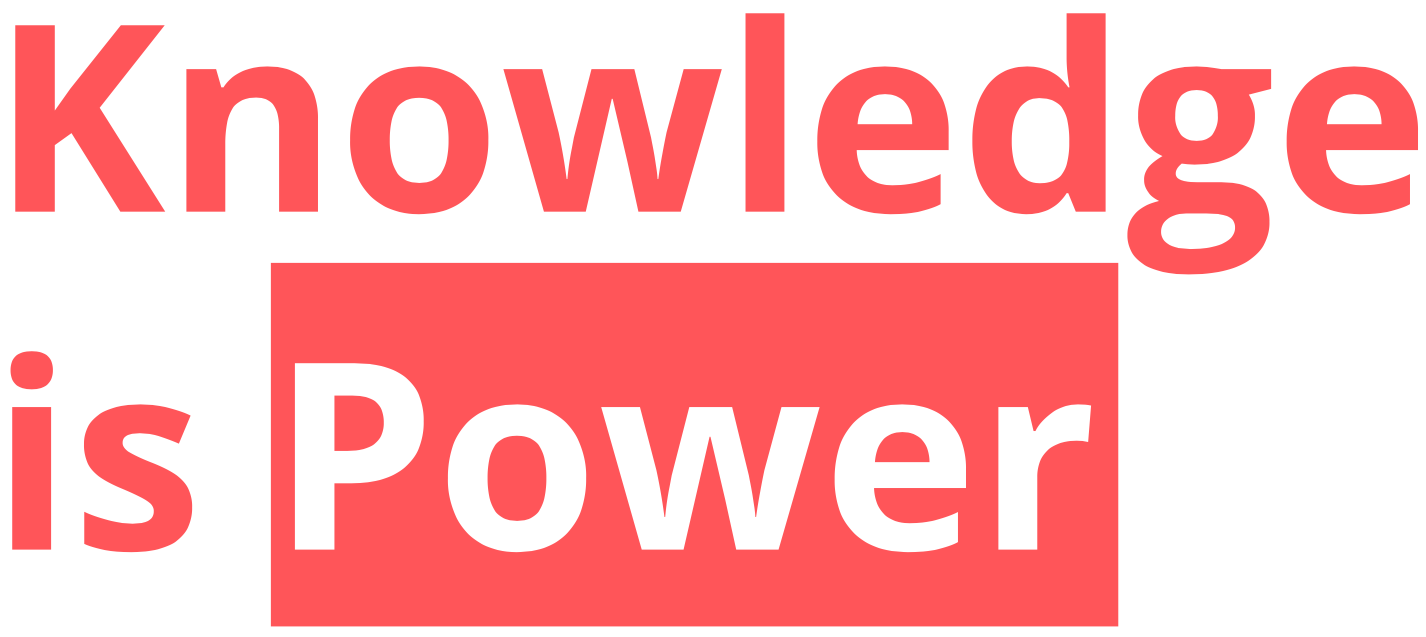Using evidence to drive action
Introduction
Community-led action research aims to influence positive social change.
It is based on the idea that people have unique insights and knowledge about their communities, and that the best way to access this is for communities to conduct their own research. Your local activities will be more relevant, policy decisions will be better, and public services designed more effectively, if they are informed by the communities that are affected by them.
To make things simpler, we’ve separated out two key ways for you to use evidence to drive action. These are:
Using evidence to improve your activities (including your organisation)
Using evidence to influence policy (such as plans and decisions by public bodies that affect your community)
In reality, your group’s activities may be closely linked to influencing policy. After all, we’re talking about working towards wider social change here! But even the most politically active group may find it helpful to distinguish between using evidence for improving everyday organisational stuff from using it to further political activism.
Why are we talking about “evidence”, and not “research”?
Good question! Basically, evidence is the facts or information you will need to back up what you are doing or saying. The findings from your research will help generate your evidence.
Further reading
The Knowledge Translation Network’s 2015 guide, Evidence for Success - the guide to getting evidence and using it
Engaging with Evidence (2019) - a follow up guide to the above resource, is an introduction to why and how communities can gather and use their own evidence

